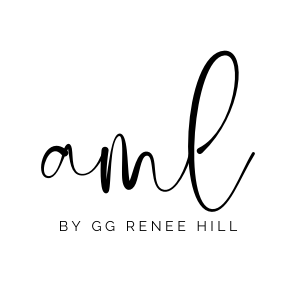a technique for writing difficult truths
This excerpt explores how shifting into second or third person can open the door to deeper vulnerability and truth in writing.
Is it possible to love her?
I wasn’t so sure.
She and I don’t want the same things. For a long time, I thought she was bad and I was good. But maybe she was simply misunderstood. Maybe she was here to remind me that my feelings don’t define me. Because if they did, then I’d be nothing more than a scared, defensive, insecure person. Someone who sees her own shortcomings in the abundance of others, who casts herself as the victim in every story.
If she were all of me, I’d never be able to separate those feelings from who I truly am: the light, the love, the compassion that drives me. Over time, I began to see the value in observing her—the shadows, the secrets, the way she reacts to fear. By watching her, I learned.
I thought she needed to be conquered, this hidden part of me, but the truth was: she needed to be loved. This raw, messy, untamed part of me needed to be loved by me. And loving her was the first step toward freedom.
Do you know how I found her?
I was writing my first book and couldn’t find my voice. Tightly wound, I had much to say but I couldn’t find the words. After many starts and stops, I began writing in the third person, like I was talking about someone else. Suddenly, the truths I had buried became easier to face.
By saying “she” instead of “I”, I was able to study myself objectively without the usual feelings of self-consciousness and shame.
It gave me the courage to let her speak and be seen in the light instead of keeping her and the wisdom she could offer hidden away in the dark.
Writing in the third person has been a pivotal technique in my writing journey. It offers a sense of detachment that makes it easier to admit difficult things. Detachment allowed me to acknowledge my feelings without mistaking them for my entire identity. Detachment releases judgment and replaces it with curiosity.
And here’s what I discovered: as much as we fear what we’ll bump into in our darkest places, we also fear being blinded by our own light. But there is truth to explore in both extremes.
Through this practice, I saw myself more honestly. I noticed how my heart swelled at the smallest acts of kindness. How I never gave up, even when I desperately wanted to. How optimism kept rising in me, even when fear told me not to trust it. Dreams I thought were buried beyond reach came back into view when I described this “she” who was, in fact, me.
And in writing her, I realized something radical: I had the audacity to believe I was worthy. That my purpose was somehow braided into my struggles. That if I could walk through hardship with eyes wide open, life could be not only survivable, but meaningful and full.
